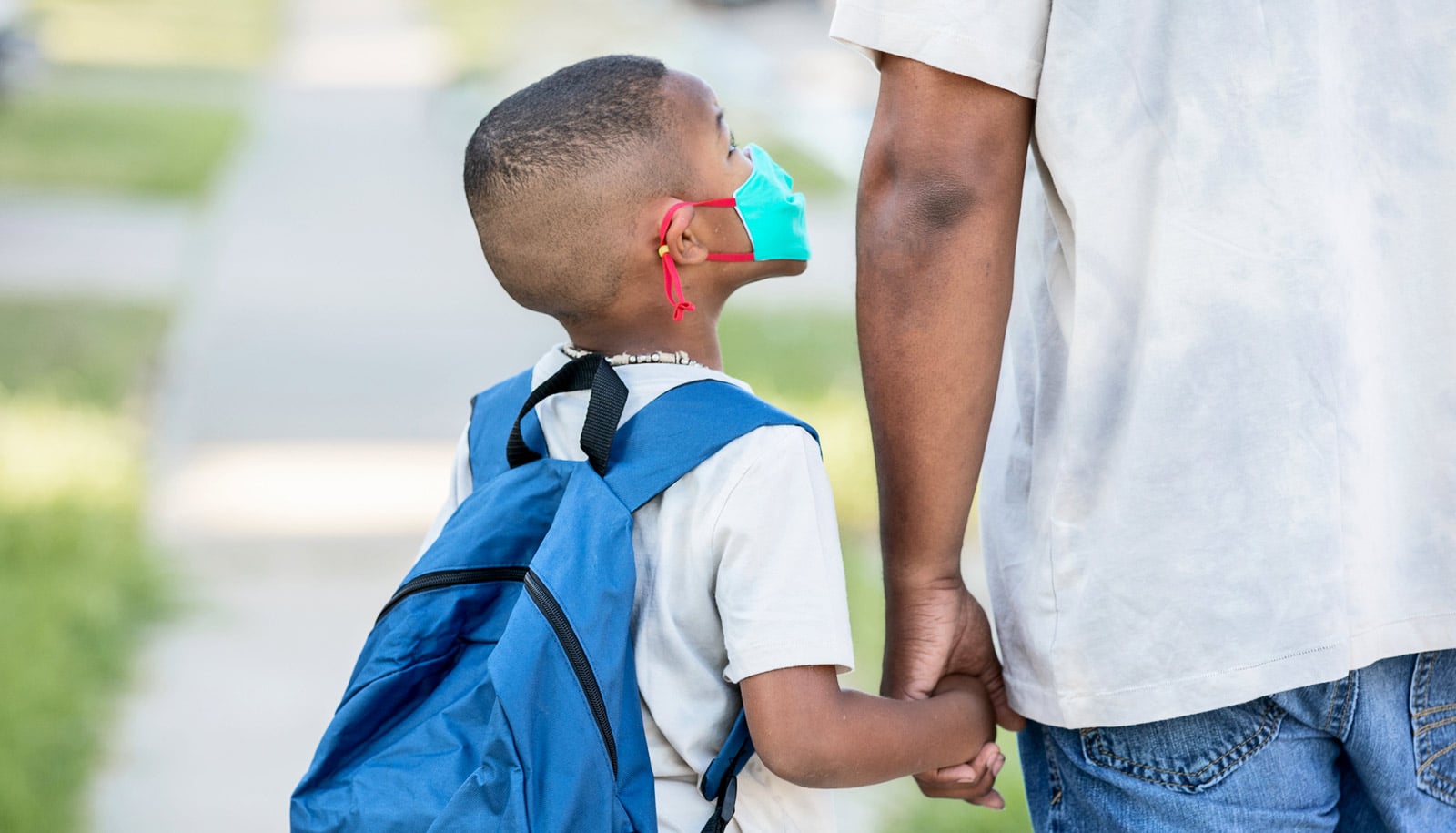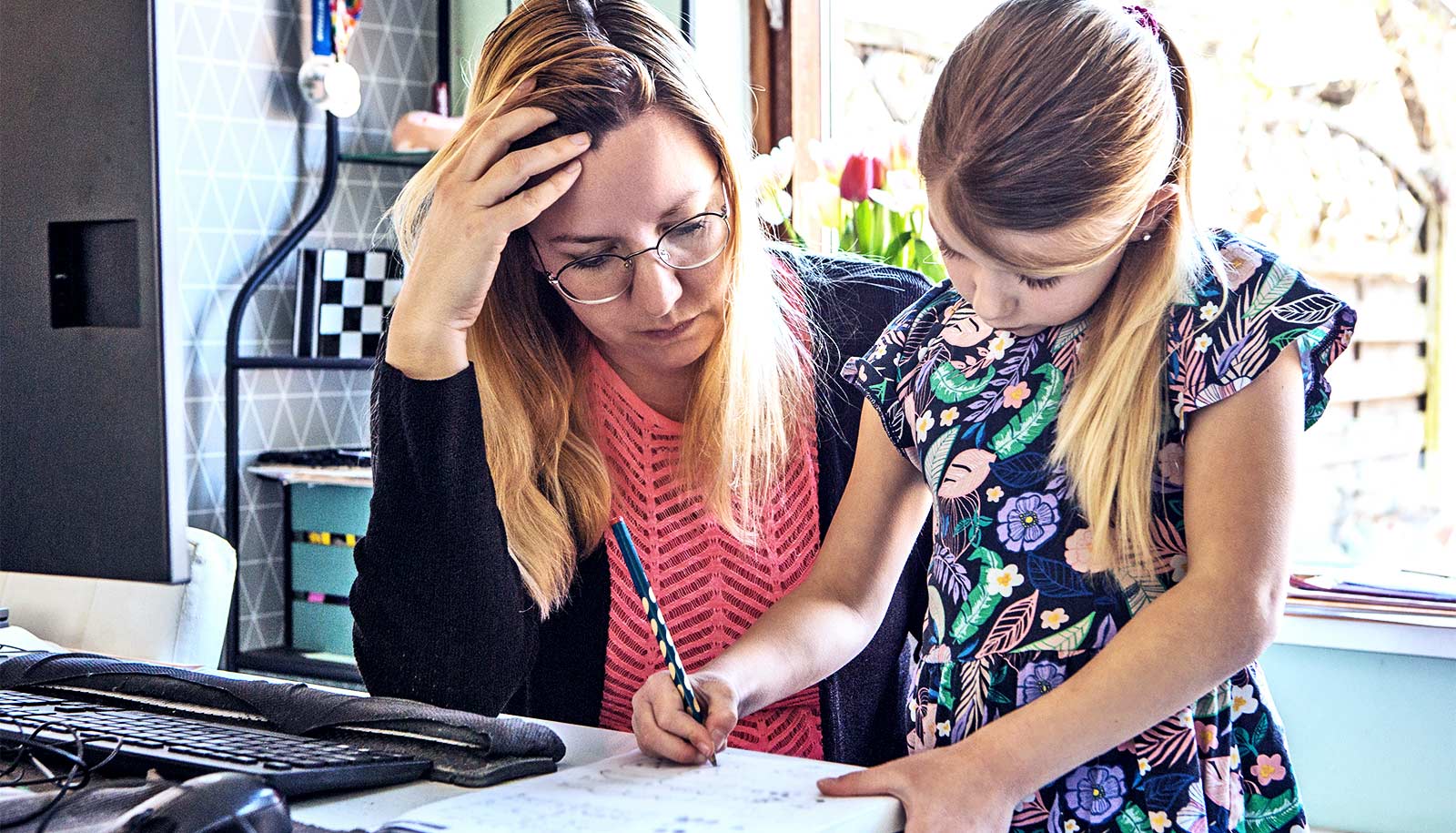The unanticipated transitions to virtual schooling due to COVID-19 exposed the lack of digital resources among Black families in the United States, including access to Wi-Fi and technological savviness, a new study finds.
As two-thirds of the country’s Black children are born into single-parent households, the findings help explain the extensive stress virtual schooling caused for many Black families trying to keep their children learning and engaged online while at home during the pandemic.
“What we found was parents and caregivers often felt disempowered in the rapidly changing environment, as they did not necessarily feel equipped with the tools or technological savviness to effectively engage in their children’s education the way they felt they needed to,” says Adaobi Anakwe, a postdoctoral fellow at the University of Missouri and the study’s lead author.
“Schools were sending students home with devices for online learning without first ensuring families had reliable, consistent internet access to utilize those devices, and this was a big contributor to parental stress and burnout.”
Anakwe and Wilson Majee, an associate professor in the School of Health Professions, interviewed parents and primary caregivers of Black families in Missouri with school-aged children to better understand their experiences suddenly shifting to virtual schooling due to COVID-19.
Anakwe explains the sudden shift to virtual schooling highlighted the digital divide that already existed for many Black families, as a lack of access to reliable internet can have long-term negative impacts on learning and health outcomes.
“The COVID-19 vaccine rollout showcased how important technological resources can be for making an appointment online,” Anakwe says. “And the sudden shift from in-person health care visits to telehealth highlights the role technology can play in facilitating access to health care as well as education.”
Anakwe adds that even before the pandemic, Black families were already disproportionately faced with single-parent households, disparities in income, and unequal access to transportation, housing, healthy foods, and recreational facilities.
“We already have a cafeteria menu of social determinants of health that impact Black and minority populations,” Anakwe says. “We need to be proactive to prevent the digital divide from becoming another issue that gets added on to an already very long list of challenges Black families deal with.”
The COVID-19 pandemic also caused an increase in technology use among students, causing some Black parents to worry about the potential impact on their children’s mental health.
“Before the pandemic, parents were tasked with minimizing screen time for their kids and ensuring they spent enough time outside engaged in physical activity,” Anakwe says.
“Then all of a sudden, parents were forced to encourage their children to use technology to stay engaged in their school work while at home. As COVID-19 lockdowns are starting to end, it will be interesting to see how the messaging around screen time evolves.”
Majee says MU Extension and the University of Missouri System Broadband Initiative have helped increase access to broadband internet for rural Missourians, but more collaborative partnerships among community leaders, schools, local governments and families are needed to assist underprivileged Black families.
“Technology is becoming increasingly necessary for success in our lives, so this research can help us better understand the technological challenges facing Black families,” Majee says. “Our overall goal is to improve the health of Black families by helping our community members who are most disadvantaged—it’s a labor of love.”
The research appears in the International Journal of Environmental Research and Public Health. This project was done in collaboration with Saint Louis University, where Anakwe completed her doctoral studies.
Source: University of Missouri



